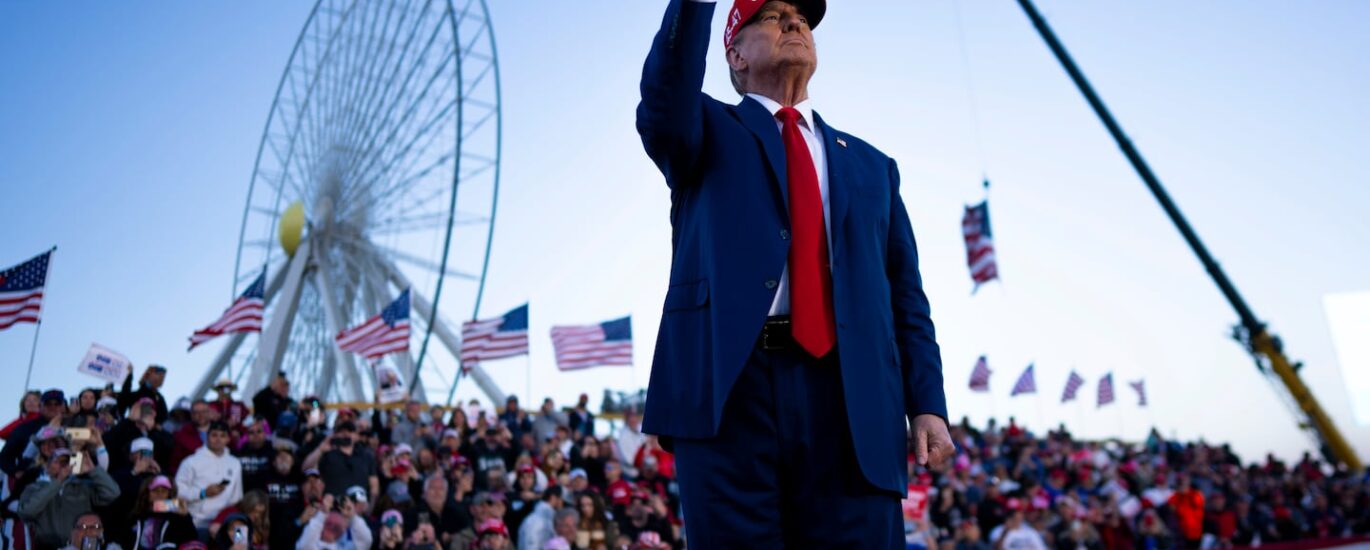



Most colleges across the nation are gearing up to protect foreign-born students and faculty members who could be vulnerable when President-elect Donald Trump takes office, including those involved in pro-Palestinian protests and undocumented immigrants.
Click here to view the original web page at www.bostonglobe.com
Colleges don’t know quite what to expect at this point, but campaign promises and policy discussions, including Project 2025, present possible threats to scores of students and faculty members. Trump could reinstate travel bans for certain countries, restrict or delay visas, deny federal funding to colleges that offer financial aid to undocumented students, and even call for deporting undocumented students.
“There is a lot of fear and anxiety,” said Rebecca Hamlin, professor of legal studies and political science at the University of Massachusetts, Amherst.
Some campus leaders and immigration advocates are advising foreign students and professors to return to campus from winter break before Trump takes office, carry copies of immigration documents in case they are stopped by law enforcement, and invest in travel insurance if travelling abroad.
Many higher education leaders fear that Trump’s isolationist and anti-immigration rhetoric could discourage talented foreign students and professors from coming to the United States.
Enrollment of new international students declined by about 8 percent between 2016 and 2019, according to data from Open Doors, largely due to “visa restrictions and heightened screening processes under the Trump administration,” said Miriam Feldblum, executive director of the President’s Alliance on Higher Education and Immigration.